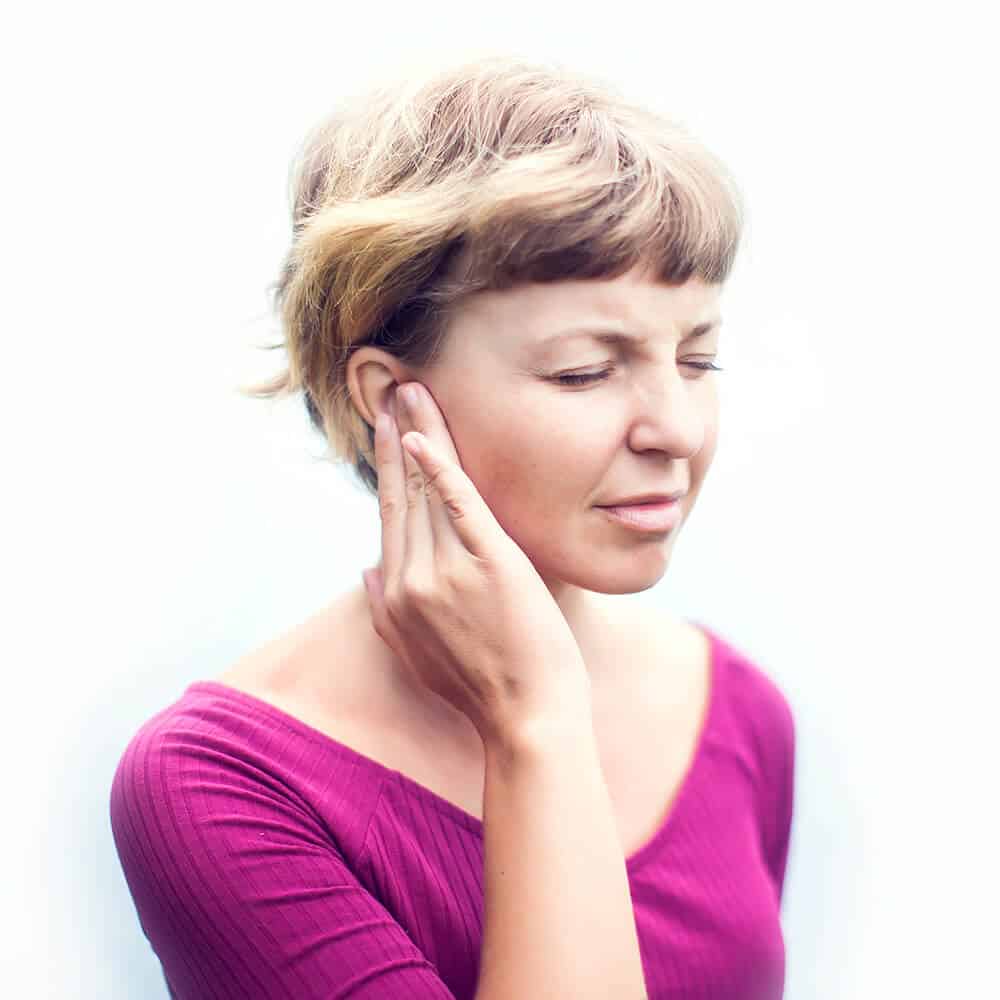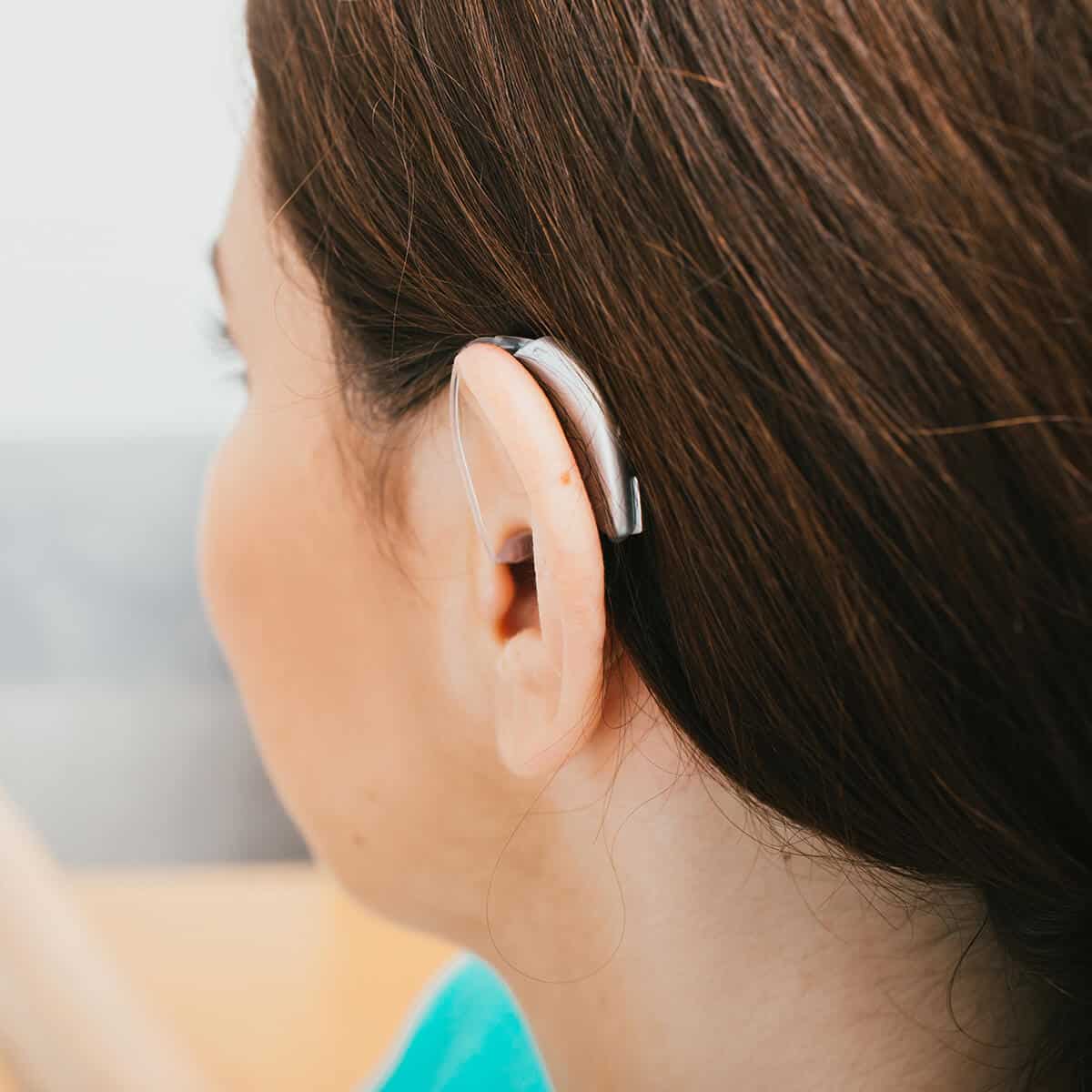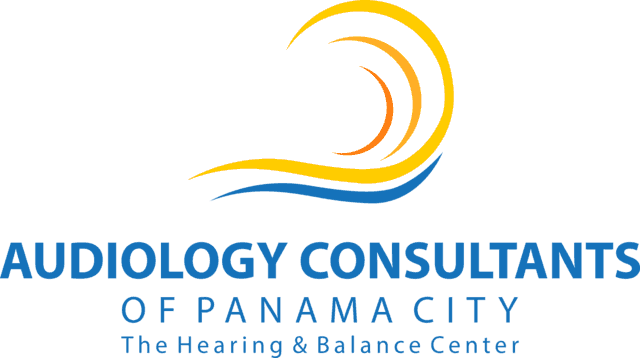Tinnitus Treatment
What exactly is tinnitus?
If you've ever experienced a ringing in your ears after a noisy concert, you'll be familiar with tinnitus – at least in the short term.
Tinnitus is generally characterized as a ringing in the ears, but it may also manifest itself in other ways. To begin with, it may be in one ear, both ears, or the head. It can sound like clicking, humming, whistling, whooshing, or even hissing instead of ringing.
This is a noise that no one else can detect but is there when there is no external noise. Tinnitus may last for a single evening and then fade away, but some people suffer from it on a long-term basis. It can strike anyone at any age, but it is more common in people over 65, and it can strike unexpectedly or steadily over time.

Compounded effects of tinnitus
Adults may be affected by tinnitus in several ways. The most common form of tinnitus-related side effect is psychological effects. Since tinnitus is so distracting, it can interfere with concentration and sleep, leading to even more frustration and anxiety.
Tinnitus has also been related to emotional problems and depression, but this is less common. In a study conducted by the University of California, Irvine, just 7.2 percent of respondents said their tinnitus was a significant issue. On the other hand, 42 percent said it was just a minor problem. This is likely because studies have linked extreme tinnitus, which is less common, to an increased risk of emotional difficulties.
That said, if you're experiencing tinnitus, it's essential to consult with a hearing instrument specialist and learn more about the consequences it can have and whether you have any treatment options.
Noise exposure is a significant factor
The University of California, Irvine study found that of the 9.6 percent of adults in the United States who have tinnitus, 27 percent have symptoms that have lasted more than 15 years, and 36 percent have nearly constant symptoms.
Those who worked in workplaces where they were frequently exposed to noisy noise or recorded high exposure to loud noise during recreational activities had a higher hearing loss incidence (such as motorcycling).
How to avoid tinnitus
Tinnitus is a side effect of noise-induced hearing loss, which happens when people are exposed to excessive noise levels over some time. Continuous exposure to noises exceeding 85 decibels, such as hair dryers, food processors, and garbage trucks, for example, may cause noise-induced hearing loss.
Tinnitus and noise-induced hearing loss are related, so those who are often exposed to loud noises should wear hearing protection. Tinnitus and noise-induced hearing loss can be avoided by limiting everyday loud noise exposure (for example, limiting the use of earbuds when using your smartphone).

Treatment Options
Although there is no treatment for tinnitus at this time, some new techniques have been developed to help people control their tinnitus. Tinnitus can now be easily treated, often by the use of a variety of medications.
White noise has traditionally been used to mask the distraction of tinnitus sounds. Smartphone applications exist that let you configure a white noise soundscape to neutralize tinnitus sounds. These apps use soothing tonal sounds and gentle natural noises that drive tinnitus to the background.
Tinnitus sufferers have also found that meditation provides substantial relief. This helps relax the mind and teaches the individual to see tinnitus in a less threatening way.
Tinnitus treatments are now built-into several hearing aid models for people who suffer from hearing loss and tinnitus. Tinnitus-suppressing sounds can be streamed directly through your ear canal with hearing aids, and adaptive therapy services can help you learn strategies to reduce tinnitus's effect on your life.
Schedule a free hearing test with one of our hearing aid experts today if you believe or know you have tinnitus. We will go over possible care options with you and find the best solution to manage your symptoms.

